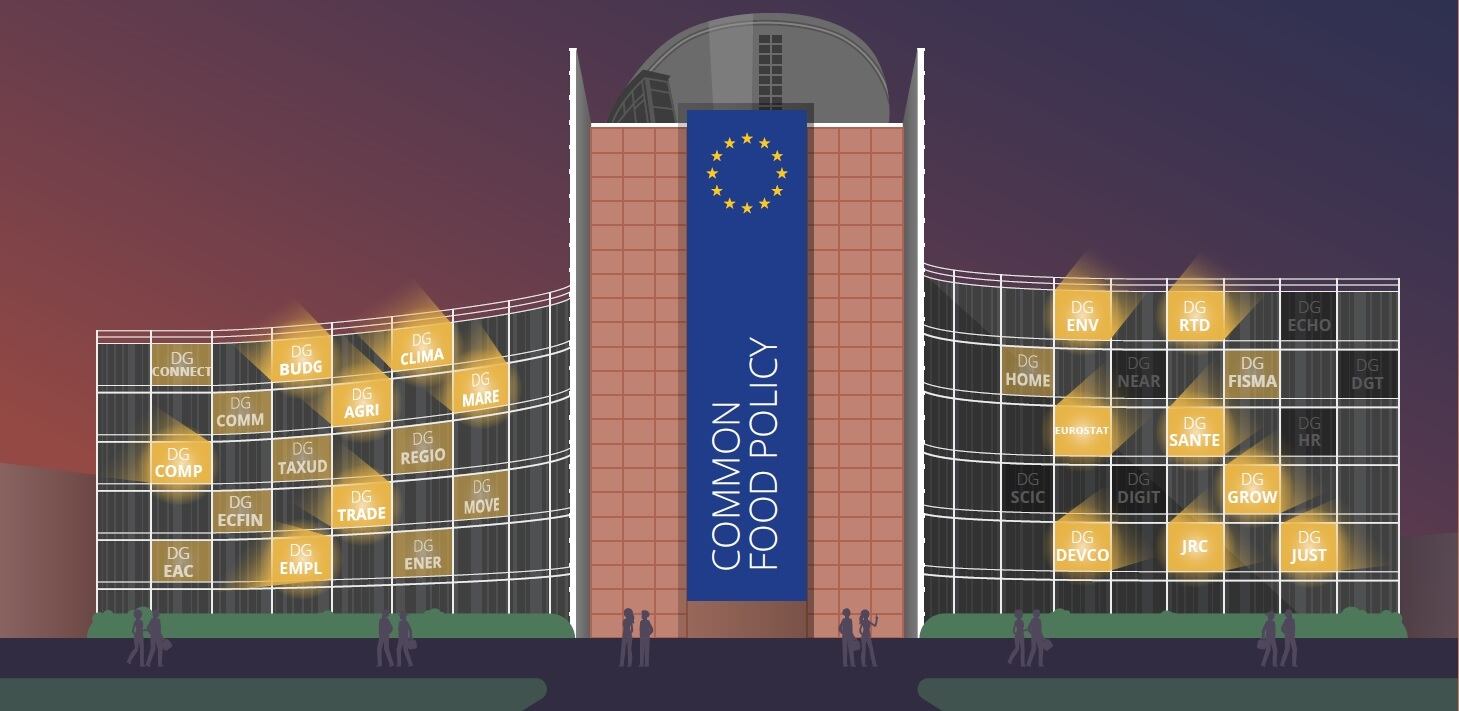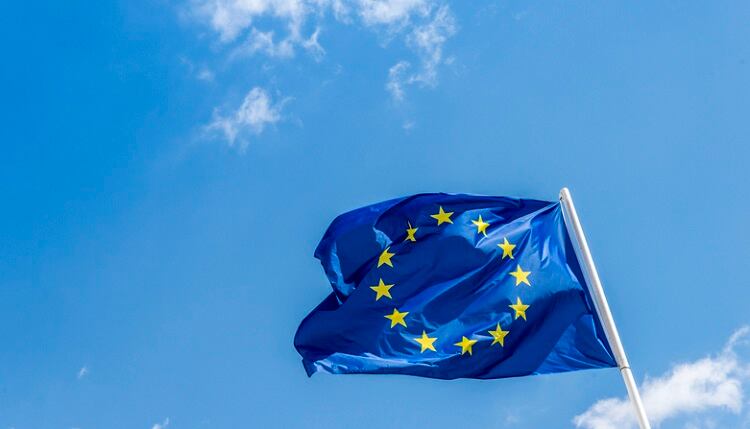Climate change, obesity, biodiversity loss and unsustainable farming systems have been addressed in a Common Food Policy report presented to the European Parliament today (7 February).
The culmination of three years of research – led by the Panel of Experts of Sustainable Food Systems (IPES-Food) – involving farmers, food entrepreneurs, civil society activists, scientists and policymakers, the report lists 80 reform proposals designed to help EU food systems incorporate more sustainable practices.
According to IPES-Food co-chair and lead author Olivier De Schutter, a Common Food Policy can stimulate a transition to sustainable food systems in a way that the CAP, as a Common Agricultural Policy, cannot.
“We eat three times per day, but the EU does not have an overarching strategy to deliver the food systems that we want in Europe,” De Schutter told delegates in Brussels today.
Instead, the EU has separate strategies aimed at combatting obesity, alongside agri-trade policies that make junk food “cheap and abundant”, he continued. “We offer premiums to young farmers, alongside a subsidy model that drives up land prices and undermines access to land. And we have environmental standards, while the advisory services farmers would need to meet them are being defunded.”
According to De Schutter, a Common Food Policy would eliminate these “costly contradictions”. The report demonstrates how the EU can tackle the “root of the problem: the way we make policies and set priorities in food systems”.
Healthy diet plans, deforestation, short supply chains
Among the 80 reform proposals (available here) listed in the Policy, which are categorised into short-, medium- and long-term recommendations, are recommendations covering healthy eating, advertising, and urban food policy.
IPES-Food has suggested, for example, that Member States develop healthy diet plans as a condition for unlocking CAP payments. EU-wide restrictions on junk food marketing should also be instated, according to the panel.

A proposal that recommends food importers take responsibility for their own supply chains, to ensure they are free from land-grabs, rights violations and deforestation, was also included in the report, as was a suggestion that increased support be provide to facilitate short supply chains – to more closely link farmers and consumers.
At a government level, the report has suggested an EU Food Policy Council be formed to both bring the concerns of local food system stakeholders to the EU, and ensure that EU policies are designed to support local food initiatives.
Industry: A threat or opportunity?
A shortened supply chain and a movement towards less processed foods could lead to a major restructuring of the food and drink industry.
“For health reasons, as much as for the environment, the actors who co-developed the report emphasize the need to switch to diets that rely less on processed or ultra-processed foods, and more on fresh foods, mostly local, and mostly organic,” Olivier De Schutter told FoodNavigator.
“Yet, for many years, it [was] by processing food that food manufacturers could ‘add value’ and increase their profits. Actors of the food industry may indeed see this as a threat,” he said.
While according to De Schutter, this is an understandable reaction, it is also a defensive one, that could prevent companies from recognising new opportunities in the sector, he told this publication.
“Indeed, at the same time, some processing remains indispensable, both for raw materials that are otherwise not edible, and in order to preserve food.”
How can industry best prepare?
According to De Schutter, the food and beverage industry can best prepare for the reforms by deploying itself in a far more decentralised approach – accompanying the reterritorialization and relocation of agrifood systems.
Indeed, the process of ‘relocalisation’ can and should be seen as an opportunity, he said.
“Consumers are now increasingly aware that locally sourced food is more nutritious – the longer the distance travelled and the longer the shelf life, the least nutritious and healthy the food is – but they also seek to buy local because they want to support the local economy.”
The first movers shall certainly be rewarded by the consumers, he continued.





